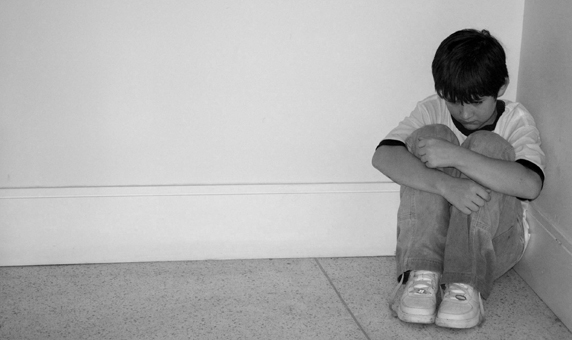The juvenile justice system was indeed founded more than a century ago on the premise that children require a different system to effectively hold them accountable and to redirect them from crime. In 1899, the nation’s first "juvenile court" was created in Chicago specifically to separate transgressing youth from the adult criminal justice system, and to create a more rehabilitative system for young people (Deitch, Barstow, Luckens, & Reyna, 2009; American Bar Association, n.d.).
But since the creation of the juvenile court, policies and practices that deviate from the original rehabilitative goals of the juvenile justice system have proliferated. The 1980s and 1990s were marked by a wave of efforts in many states to return youth to the punitive adult system (Addison & Addie, 2012; Fagan & Liberman, 2007). From 1990 to 2004, the number of youth held nationwide in adult jails and prisons increased by 208 percent (Fagan, 2008).


